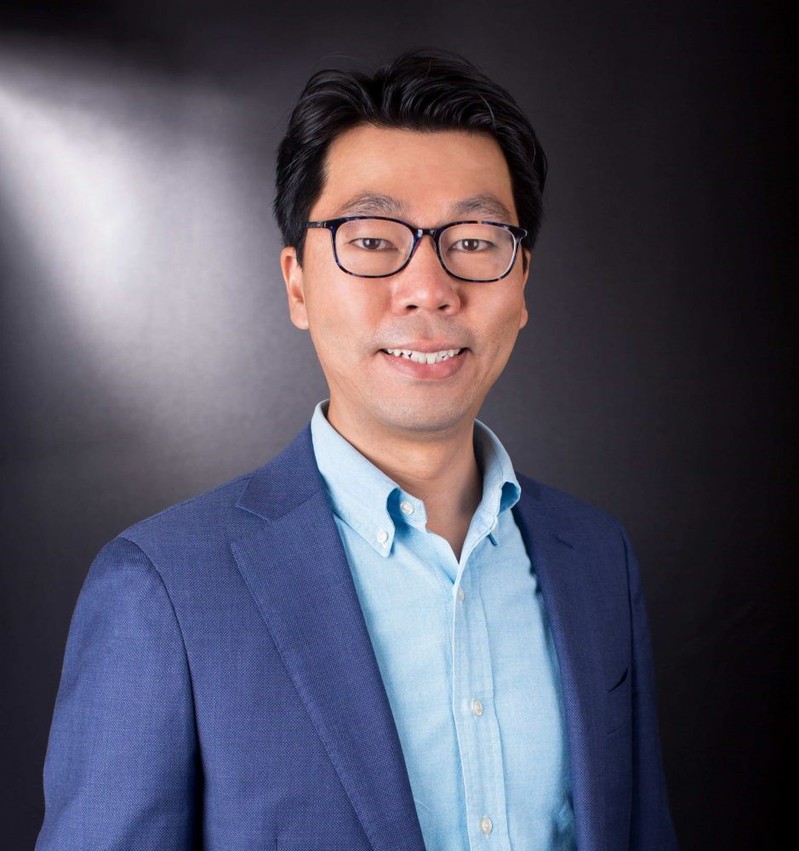Title: Fast Fashion: Theory and Evidence from Portuguese Textile and Clothing Firms
Speaker: Heiwai Tang (Hong Kong University)
Time: Jan.13, 15:00 - 16:30
On Zoom

About the Speaker:
Heiwai Tang is Professor of Economics, as well as Associate Director of the Asia Global Institute, the Institute for China and Global Development and the Hong Kong Institute of Economics and Business Strategy at the University of Hong Kong (HKU). Prior to joining HKU, he was tenured Associate Professor of International Economics at the School of Advanced International Studies (SAIS) of Johns Hopkins University. He is also affiliated with the Federal Reserve Bank of Dallas (U.S.), the Center of Economic Studies and Ifo Institute (CESIfo, Germany), the Kiel Institute for the World Economy (Germany) and the Globalization and Economic Policy Center (U.K.) as a research fellow. He has been a consultant to the World Bank, the International Finance Corporation, the United Nations, and the Asian Development Bank; and held visiting positions at the IMF, Stanford, MIT, Harvard. He is currently an associate editor of the Journal of International Economics, the Journal of Comparative Economics and the China Economic Review.
Heiwai holds a Ph.D. in economics from MIT and a Bachelor of Science in mathematics from UCLA. His research interests span a wide range of theoretical and empirical topics in international trade, with a specific focus on production networks, global value chains, and China. His research has been published in leading journals in economics, including American Economic Review and Journal of International Economics.
Abstract:
We study firms’ adoption of just-in-time trade as a response to increased import competition. We use data on all Portuguese textile and clothing exporters’ monthly transactions and exploit the exogenous increase in competition following the removal of Multi-Fibre Arrangement (MFA) quotas on Chinese exports. We find that exporting firms specialize in fast-fashion in response to increased competition from China- exporting higher quality products to closer markets at higher frequency. We rationalize our findings with a heterogeneous-firm model in which firms choose what products to export and where to sell them, and in each market, the frequency of shipments as well as the quality of products. In response to low-wage competition, the medium-productivity firms increase exports of high-quality products to nearby markets, while the least productive firms drop out from distant and low-income markets.


